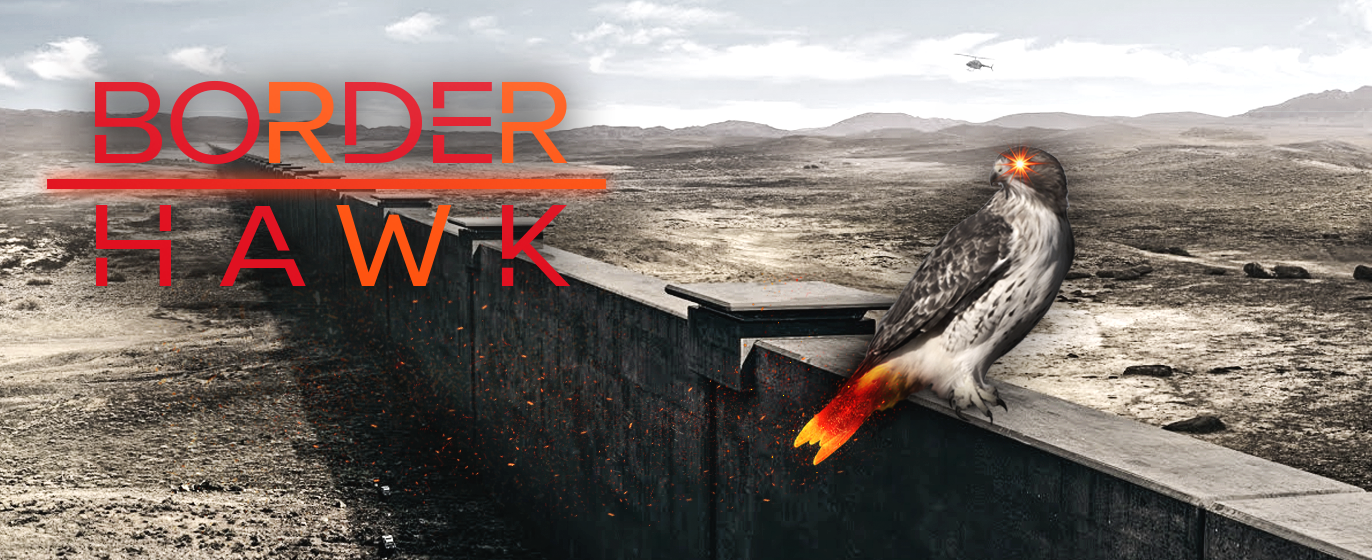The United Kingdom Celebrates a Coronation - But What Does Britain's Future Hold?

On May 6, Charles III was crowned King of the United Kingdom and 14 other Commonwealth realms (including Canada, Australia and New Zealand). Due to the long reign of his late mother Elizabeth II, this was the first British coronation in 70 years.
Although we have been independent of Britain since the late 18th century, the cultural links are still very strong and many Americans are quite interested in the royal family. And the media provides plenty of coverage.
At the time of the coronation, I was not at home, staying at a hotel somewhere in the U.S. Central Time Zone. But I wanted to view it. So I had the front desk give me a wake-up call so I could watch the ceremony live, six time zones away.
It’s truly an impressive spectacle, full of pageantry and tradition.
King Charles and Queen Consort Camilla traveled by horse-drawn coach from Buckingham Palace to Westminster Abbey, where the actual ceremony was held.
The ceremony includes a coronation oath, after which the king actually signs a document. King Charles was anointed with olive oil from the Mount of Olives in Israel. And both King Charles and Queen Consort Camilla were crowned.
Afterwards, they returned by coach to Buckingham Palace, passing throngs of supporters. At the palace, they appeared on the balcony and the crowd was treated to a “flypast” ("flyover" or "flyby" in American parlance). Hawk jets piloted by the Royal Air Force’s Red Arrows team flew over the palace, streaming red, white and blue exhaust, the colors of the Union Jack.
And what a coincidence. Almost two months ago, my two sons and I visited Spain (see A Visit to Spain, Which Has Its Own Immigration Issues and this article here.)
On the way to Spain, we had a 12-hour layover in London. It was an opportunity to see some sights in London, at night. We timed it so were by the Houses of Parliament when Big Ben sounded at 11 p.m.
There were still plenty of people on the streets, including Americans. On the Tube (the subway system), I asked a British man a question only to find that he was an American visiting London.
As part of our London Night Tour, we went to Buckingham Palace, which of course we couldn’t enter but we got to see it, and there were other tourists there, as well.
We saw Westminster Abbey. We couldn’t go in, but we spent some time right in front of it, where we chatted with a young Welsh couple who showed up there, as well.

So, when I watched the coronation I got to see those same places on the television, as part of the coronation and festivities.
I watched it mostly on CNN. Anderson Cooper did a good job commenting on it. On the other hand, Christiane Amanpour prattled on and on about the changing monarchy, diversity, reparations, blah, blah, blah.
Actually this coronation was more diverse than usual, with more non-whites involved. One example was Prime Minister Rishi Sunak, a Hindu, who read a section from the Biblical book of Colossians, and he read it well.
But the diversity was not enough. It never is. There were still complaints.
Anyway, the U.K. celebrated its first coronation in 70 years. I wish Charles the best.
Nevertheless, as such traditions continue on the Sceptred Isle, very much has changed in Britain.
The United Kingdom suffers from the same sort of “politically correct” Woke Mind Virus that affects the United States. Contemporary Anglo-Saxon culture has a particularly bad propensity for this sort of thing. The British seem to be farther along that path than we are.
Freedom of speech in the U.K. has been severely curtailed when it comes to discussion of certain subjects.
Englishmen used to have the right to bear arms, but that has been greatly restricted.
Then there’s mass immigration to the U.K., which brings many social problems and threatens to radically change its demographics.
Did the British people ever have a say in all this?
What will Britain look like in another fifty years?
You can find more of Allan Wall's work at his website.
Visit BorderHawk.news




